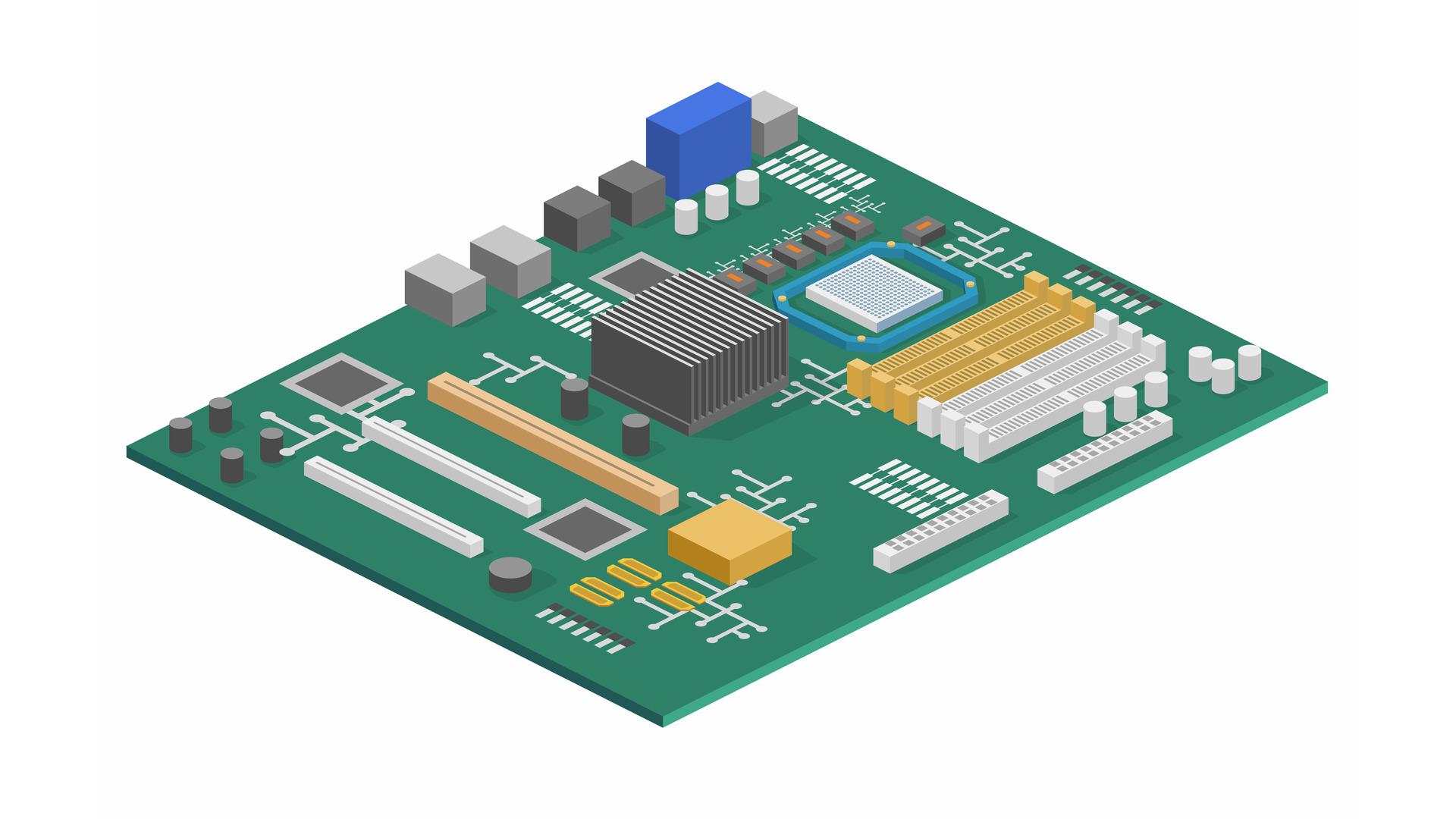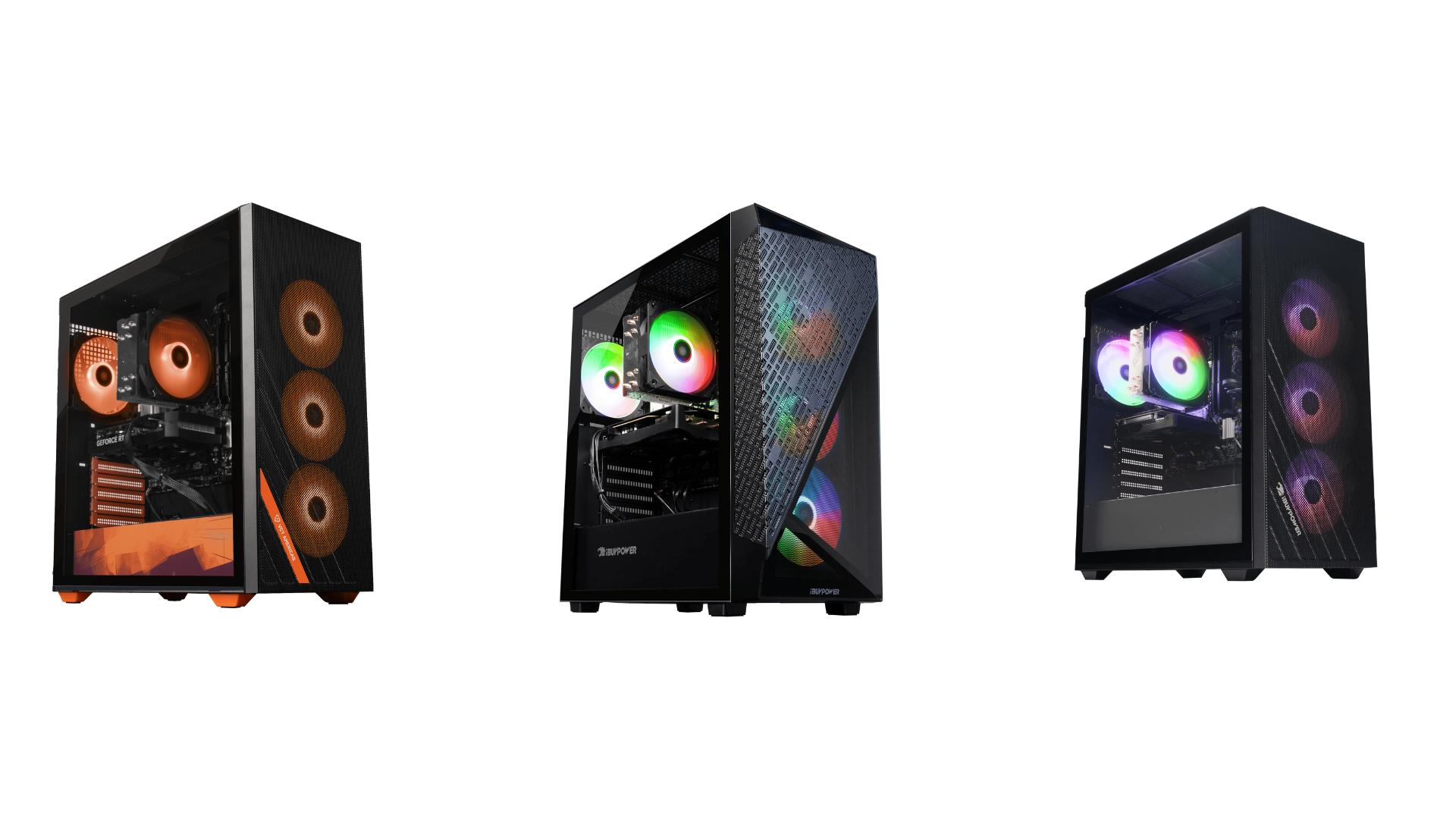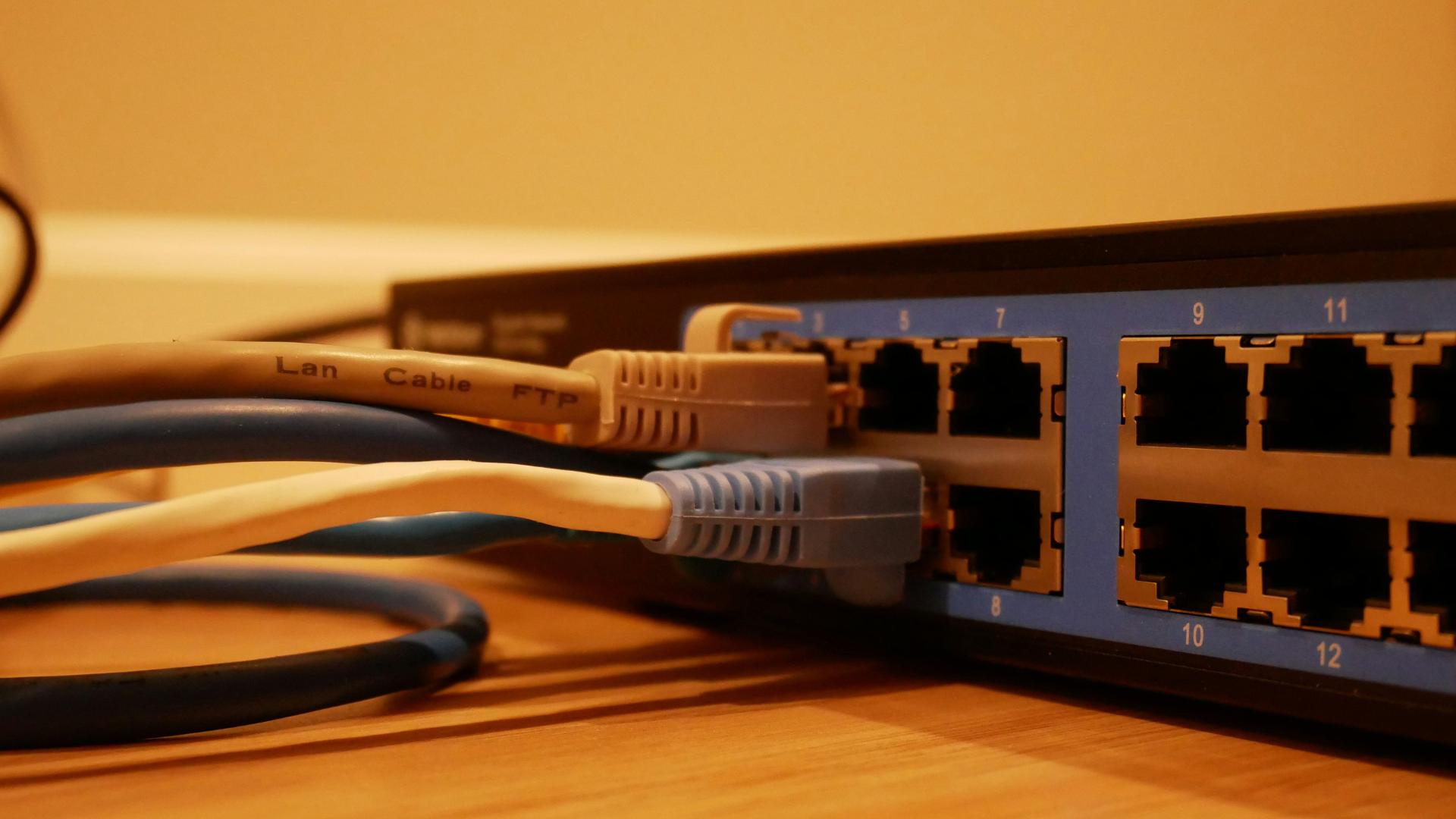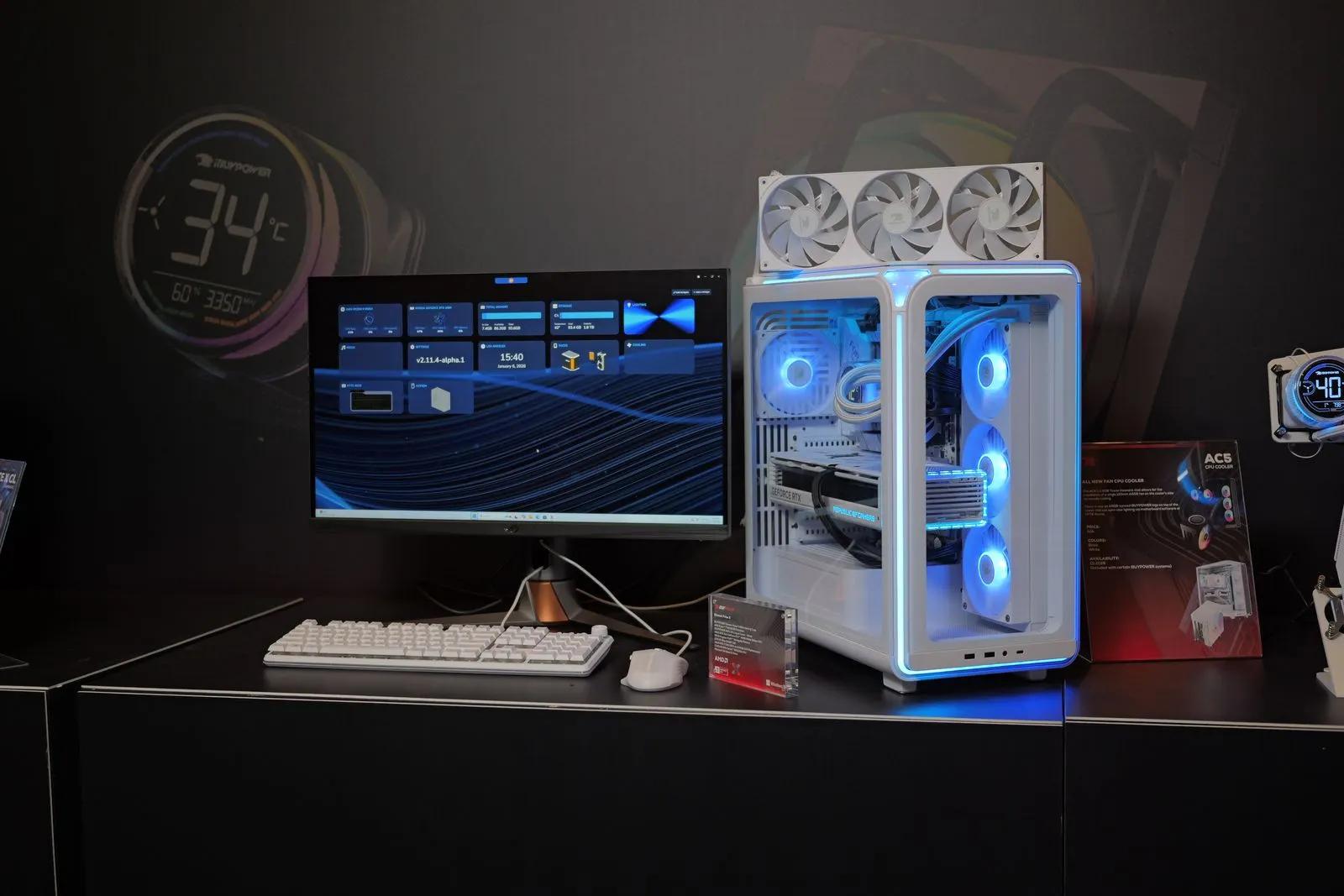Every component is critical in shaping the PC gaming experience; the motherboard is no exception. A motherboard is the central nervous system of a PC, connecting and harmonizing all the hardware. While it might not be flashy like a high-end graphics card or a super-fast CPU, a gaming motherboard significantly impacts the gaming experience. Whether it is for a first-time PC build or simply time for an upgrade, this is how a gaming motherboard can elevate gaming performance, enhance customization options, and future-proof a PC for future gaming adventures.
What is the role of the motherboard in a PC?
The motherboard’s purpose is to connect and facilitate communication between various hardware components, especially between the CPU and GPU.
In terms of the CPU, the motherboard in a PC affects which CPU is compatible with the rest of the system. Motherboards come equipped with specific CPU sockets, like LGA 1151 or AM4, so only particular CPUs can be installed. Ensuring a CPU is compatible with the motherboard is essential as it needs to fit physically and be electrically compatible. Additionally, the motherboard’s chipset determines the CPU’s capabilities and features. Typically, high-end CPUs benefit from motherboards with more robust chipsets for better performance and connectivity options. Quality motherboards usually feature better power phases and cooling solutions, influencing the CPU’s stability, overclocking potential, and long-term reliability.
Regarding the GPU, the motherboard’s importance ties in with PCIe (Peripheral Component Interconnect Express) slots, which is how the GPU connects to the motherboard. The number and configuration of PCIe slots impact the GPU’s performance and compatibility, as some motherboards support multiple GPUs for enhanced gaming or rendering performance. However, this compatibility with multiple GPU setups depends on the motherboard’s specific support.
Aside from the CPU and GPU, a motherboard’s compatibility with components like form factor, RAM compatibility, and peripheral compatibility is also important. Motherboards come in different form factors, such as ATX, microATX, and mini-ITX, that determine if they fit in your PC case with sufficient space for all components. RAM modules must align with the motherboard’s specifications, as motherboards support specific types and speeds of RAM. They must also offer the necessary connections for storage drives, expansion cards, and other devices. As the motherboard’s main function is to make sure everything runs and connects appropriately, finding the best motherboard is essential to an effective PC build.
How important is choosing a motherboard?
Choosing PC motherboards for gaming is pivotal for optimizing a system’s performance. Beyond compatibility, a high-quality motherboard needs to boast a robust power delivery system for a steady and efficient power supply to the CPU, especially with high-performance CPUs and those keen on overclocking. Gamers who overclock benefit from motherboards with high-quality VRM designs and effective cooling solutions, facilitating stable and successful overclocking endeavors. Many gaming motherboards have convenient features like BIOS/UEFI profiles and overclocking tools to simplify the process and maximize performance gains.
Moreover, the motherboard’s chipset defines a system’s capabilities, influencing features like support for faster RAM speeds and additional PCIe lanes for better GPU performance. Additionally, expansion slots for various hardware components, such as sound cards and capture cards, are essential for gamers with specialized requirements.
One of the most important aspects of choosing the best motherboard for a PC build is selecting one with up-to-date features and support for emerging technologies. Choosing a motherboard with these capabilities allows the PC to keep up with future software and hardware demands.
What is the difference between a gaming motherboard and a regular motherboard?
Regular motherboards and gaming motherboards serve distinct purposes to meet different user needs. Regular motherboards are tailored for general computing tasks and standard applications, prioritizing stability and reliability over gaming-specific features. Gaming motherboards place a premium on performance, overclocking capabilities, and specialized features designed to enhance gaming and multimedia experiences.
One noticeable difference is aesthetics, as regular motherboards boast a no-frills design with minimal aesthetic enhancements. In contrast, gaming motherboards have visually striking appearances and RGB lighting options to complement gaming setups. Concerning performance and overclocking, regular motherboards may support basic overclocking but a more conservative performance, as opposed to gaming motherboards, which are engineered for better performance and cater to users seeking higher clock speeds for their CPUs and RAM.
Furthermore, gaming motherboards often feature superior audio components, including high-quality audio codecs, dedicated sound processing chips, and enhanced audio circuitry, delivering better sound quality for gaming and multimedia content. In terms of expansion options, gaming motherboards outshine regular ones, providing additional PCIe slots for multi-GPU setups, support for faster RAM, and M.2 slots for blazing-fast NVMe SSDs.
Despite their many benefits, gaming motherboards tend to be more expensive than regular motherboards due to their specialized features and aesthetics, and their enhanced features may only sometimes translate to significantly better gaming performance. Overall, gaming motherboards are ideal for top-tier performance and customization options, while regular motherboards are cost-effective and handle everyday computing tasks.
What is the best motherboard for gaming?
The worthiness of investing in a gaming motherboard hinges on factors such as specific needs, preferences, and budget. Gaming motherboards are more expensive than their regular counterparts but have specialized features, offer more expansion options, excellent audio quality, and are aesthetically pleasing.
Nonetheless, it’s imperative to remain money-conscious, so when operating on a tight budget and unsure of whether these gaming-specific features are helpful, a regular motherboard might offer better value. Although the motherboard for a gaming PC is essential to consider, the CPU and GPU often influence gaming performance more than the motherboard itself.
Where to get a gaming motherboard
Buying components for a gaming PC can be challenging, especially when on a budget. However, many options exist for purchasing hardware, whether in a store or online. Additionally, gaming PCs can be created from scratch or customized from a pre-built PC build.
If you want a gaming motherboard, check out iBUYPOWER’s gaming PCs with cutting-edge gaming motherboards. Unleash the power of overclocking, immerse yourself in superior audio quality, and enjoy the thrill of seamless gaming performance. Your quest for the perfect gaming PC build ends here.






